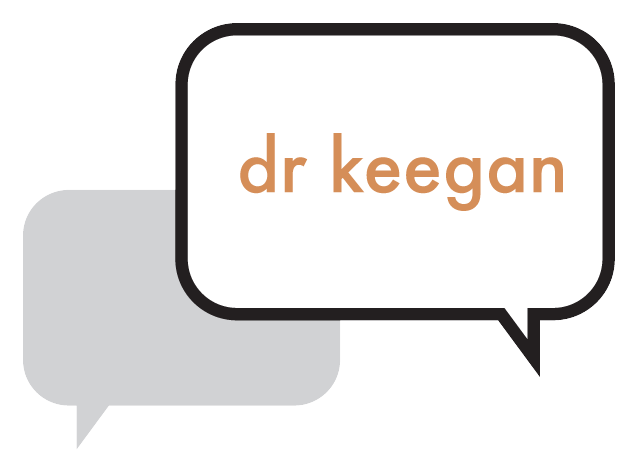Evidence-Based Treatments
Cognitive Behavior Therapy
Cognitive Behavioral Therapy (CBT) is a goal-oriented, short-term therapy approach targeting “here and now” problem solving. CBT, which was developed by Aaron Beck, MD, focuses on the idea that our thoughts influence our mood and behavior. By altering our thoughts, we can change our behaviors and emotions. CBT tends to be a short-term, typically lasting between 4-7 months, with one 50-minute session per week. CBT is primarily used to treat anxiety and depression, but has been empirically supported to be effective with a variety of other presenting problems. Sessions typically begin with a weekly check-in, followed by setting a session agenda, where the therapist works with the client on each item using a variety of cognitive and behavioral interventions. The therapist will then assign the client homework and summarizes the session, giving and receiving feedback as needed.
Family Focused Treatment
Family Focused Therapy (FFT) has been empirically tested to treat bipolar disorder, typically with adolescents. FFT focuses on changing the way family members interact, improving how they function as a unit, and improving how they function individually. Several studies have shown that FFT benefits both the family members involved in the treatment, as well as the patient. During sessions, the patient and family members meet with a therapist trained in working with bipolar disorder teaching skills such as psychoeducation, coping skills, behavior management, and communication skills.
Dialectical Behavior Therapy
Dialectical Behavior Therapy (DBT) is an empirically supported form of cognitive therapy developed by Marsha Linehan in the late 1980’s. DBT is primarily used to treat borderline personality disorder, as well as other mental health disorders and focuses on balancing acceptance with change. Being treated in DBT includes the following: assessment and pre-treatment sessions; weekly individual therapy; weekly group skills training; coaching from therapist in between sessions to help the client generalize the skills they have learned; and weekly DBT therapist team meetings. While a comprehensive DBT program requires all five of these modalities to be met, most DBT providers focus on skills training, where mindfulness skills, emotion regulation skills, interpersonal effectiveness skills, and tolerating emotional distress skills are taught.
Behavioral Therapy
Behavioral therapy is focused on helping clients understand how altering their behavior can also lead to changes in how they feel. The goal of behavioral therapy, which has been empirically tested to treat depressive, anxiety, and other disorders, is to change ineffective behaviors. Behavior therapy seeks to increase chances for positive experiences by self-monitoring, scheduling weekly activities, role-playing, and behavior modification techniques. Psychoeducation, mood scaling, and weekly check-ins are often used in a typical weekly session.
Trauma Focused Cognitive Behavioral Therapy
Trauma Focused Cognitive Behavioral Therapy (TF-CBT) is designed to treat posttraumatic stress disorder in children. TF-CBT was initially developed to treat the trauma associated with child sexual abuse, domestic violence, and grief and loss, to name a few. TF-CBT is designed for therapists to provide parallel treatment to children and their parents or guardian, with several conjoint parent-child sessions included. TF-CBT generally lasts between 12-16 sessions, and focuses on the following components: psychoeducation and parenting skills, relaxation skills, affect expression, regulation skills, cognitive coping skills, a trauma narrative, in-vivo exposure when needed, and enhancing safety and future development.
Parent Management Training
Parent management training (PMT) trains parents to manage their children’s behavioral problems both at home and in school. In PMT, parent-child interactions are altered in ways to promote prosocial behavior in children and to decrease oppositional or antisocial behavior. Treatment sessions typically include social learning techniques instruction, where the therapist will provide psychoeducation, models the technique, and coaches the parent on implementing the skill in the home. Parents are also taught how to observe, define, and record their child’s behaviors in order to better understand the problems behaviors. PMT is one of the most extensively studied treatments for children that has been shown to decrease oppositional, aggressive, and antisocial behavior.

